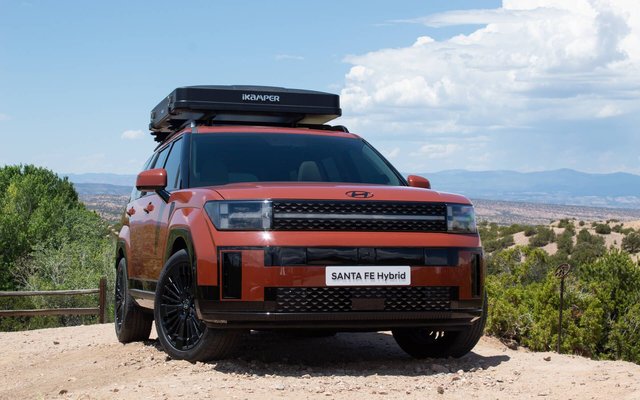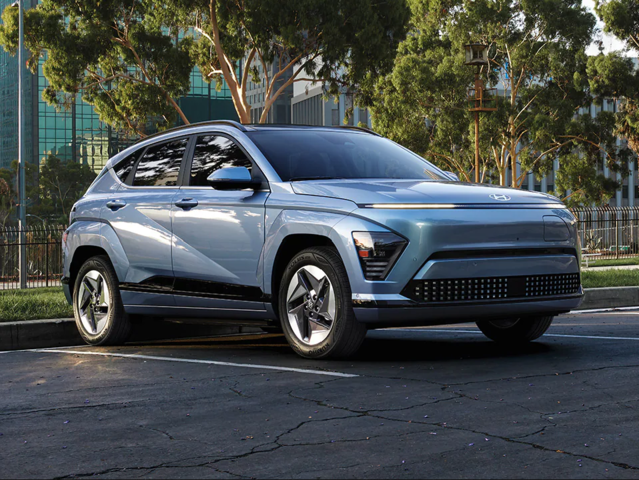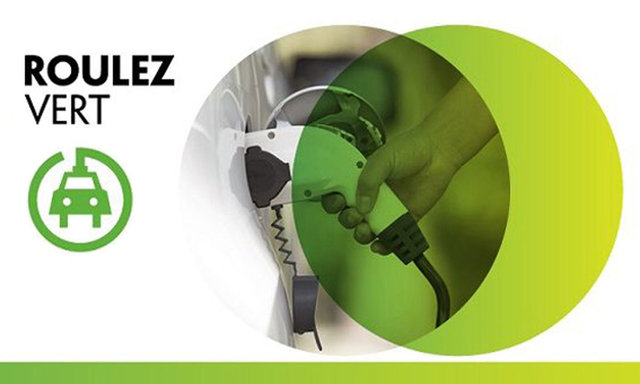The fifth iteration Hyundai Santa Fe has caused quite a stir with its bold, polarizing exterior design. Today, the Korean brand has revealed new details and specifications about its revamped midsize SUV, and The Car Guide was able to take a closer look.
As you know, the Santa Fe looks totally different aesthetically. “When you change the vehicle direction this dramatically, there’s a gain and a loss. We changed dramatically, but with a gain that’s a lot more significant than [the] loss,” explains Hyundai's Vice President of Design SangYup Lee, adding that the aim is also to keep up with the trend. Enthusiasm for outdoor adventures is growing. And to satisfy this new class of customer, Lee says Hyundai chose to design the SUV starting from the rear rather than the front.
Boxy, But Aerodynamic
With this design strategy, the tailgate becomes the centre of attention. It is enormous in size, but also creates a large opening thanks to the positioning of the struts, which were designed to maximize interior space.
Despite the Santa Fe's boxy looks, designers and engineers have reworked many exterior elements to reduce the drag coefficient to just 0.29 (0.33 on the current model). For example, wheel arches have been redesigned and Active flaps (like those found on electric vehicles), have been added.
Eleven body colours (metallic and matte), including red, blue, green and orange, and five interior colour schemes are on the menu. Inside, the “more space” philosophy has been carried over. First, the Santa Fe is 45 mm longer, bringing back the third row of seats. The gear shift lever has been moved to the steering column to free up space on the centre console, and this console compartment can be opened both forwards and backwards - allowing access to all occupants. A UV disinfectant on the passenger side cleans cell phones and wallets, and the second- and third-row seats can be controlled via the 12.3-inch multimedia system.
Because “adventure” and “outdoors” are important keywords here, the XRT prototype, which offers a foretaste of the Santa Fe with off-road features and styling, has also been unveiled. For the moment, there's no indication that this model will be marketed in Canada.
Two Engines on the Menu
The Santa Fe has increased in rigidity thanks to the addition of high-strength steel components. A number of changes have been made to the suspension and chassis. New-generation shock absorbers and modified steering are also among the upgrades. To meet SULEV (super ultra-low-emission vehicle) standards, several mechanical components have been altered.
Mechanically, although the Santa Fe’s architecture has been maintained, the cooling system, component friction and certain parameters have been revised on both powertrain options.
The North American market will get the 2.5-liter turbocharged four-cylinder engine with an output of 277 hp and 311 lb-ft. It will be mated to an eight-speed dual-clutch transmission. The hybrid version will use a 1.6-liter turbo engine with 177 hp and 195 lb-ft mated to an electric motor and a six-speed automatic gearbox. At the time of writing, combined horsepower and torque figures have not been announced.
Manufactured at the Hyundai Montgomery plant in Alabama, the 2024 Santa Fe will hit dealerships during the first half of 2024. Pricing and versions available for the Canadian market will be unveiled at the Los Angeles Auto Show in November.






